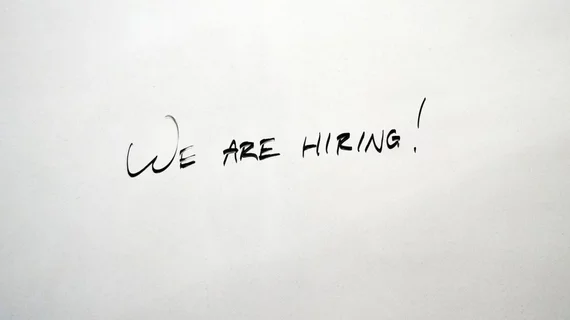University announces healthcare AI ‘cluster hires’
“Artificial intelligence in precision medical imaging and diagnostics” is among several areas of concentration for which the University of Wisconsin-Madison will be making cluster hires over a period of at least two years.
That time window represents an extension of the school’s normal start-and-end period for its cluster hires. These are made as a group across departments rather than individually within departments, according to an item posted by UW’s news division.
Other subjects greenlighted by the school for its latest cluster hires—the fourth round since it started the practice in 2018—include ethics in computing, data and information; exploring the origins of life across the galaxy; and breakthrough science with multi-messenger astrophysical data.
For the AI in precision medicine cluster hires, a leadership group will outline three key faculty positions that will be foundational to an expansion of UW-Madison’s leadership in the field.
“Next-generation medical imaging uses AI techniques to improve its diagnostic accuracy and predictive power, enabling advances in basic understanding of human disease, treatment monitoring and long-term surveillance of disease,” the description reads. “Collaborations like those forged by the cluster hire will contribute to the realization of the full potential of AI for precision medical imaging and diagnostics.”
Click here to read the rest of the item.

